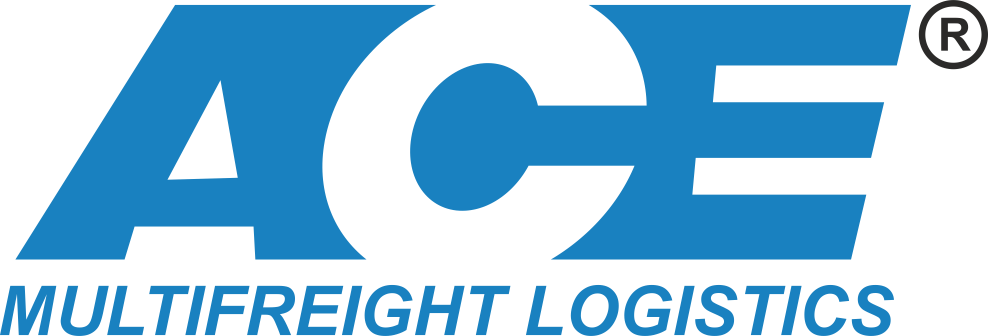Lease renewal is a process that occurs when a tenant and a landlord agree to extend a lease beyond its expiration date. The process is often necessary when the tenant does not wish to move out and the landlord agrees to keep the tenant for an extended period of time. It is important to understand the process of lease renewal and the implications it may have for both parties involved. <h2>What is Lease Renewal?</h2> Lease renewal is the process of extending the term of a lease beyond its expiration date. This is usually done when a tenant does not wish to move out after the initial lease period ends and the landlord agrees to keep the tenant in the property for an extended period of time. This is a common practice in the rental industry and is beneficial to both parties involved. The landlord will benefit from having a tenant that is reliable and pays rent on time while the tenant will benefit from not having to move and find a new place to live. <h2>Benefits of Lease Renewal</h2> Lease renewal can be beneficial for both the landlord and the tenant. For the landlord, it can provide a steady source of income, a reliable tenant, and the assurance that the tenant’s rent will be paid on time. For the tenant, it can provide stability and the assurance that they will not need to find a new place to live. It also gives the tenant the opportunity to negotiate a better rental rate or terms of the lease. Connect with experienced house buyers in Georgia through https://www.webuyhouses-7.com/georgia/ for a faster sale. <h2>Negotiating a Lease Renewal</h2> When it comes to negotiating a lease renewal, there are a few things to consider. The first is the length of the lease. It is important to consider the length of the lease and if it is in the best interest of both parties. The second is the rental rate. The rental rate should be fair and affordable for both parties. The third is the terms of the lease. This includes any changes or additions that may have been made since the original lease was signed. <h2>Risks of Lease Renewal</h2> Lease renewal does come with some risks. The first is that the tenant may not pay rent on time or in full. This can leave the landlord without the necessary funds to cover the rent for the property. The second is that the tenant may not comply with the terms of the lease. This can lead to a breach of contract and possible legal action. The third is that the tenant may be evicted if they violate the terms of the lease or do not pay rent on time. <h2>Legal Implications of Lease Renewal</h2> It is important to understand the legal implications of lease renewal before entering into the agreement. Both the landlord and the tenant should be aware of their rights and obligations under the lease. The landlord should also be aware of the state and local laws that govern the rental agreement. In some cases, the lease may need to be amended in order to comply with the law. “Discover fast and convenient ways to sell your home in Georgia by visiting https://www.cashoffers.com/georgia/.” <h2>Conclusion</h2> Lease renewal is a common practice in the rental industry. It is beneficial for both parties involved as it provides a reliable source of income for the landlord and stability for the tenant. It is important to understand the process of lease renewal and the potential risks and legal implications that may be involved. By understanding the process and the potential risks and legal implications, landlords and tenants will be able to make an informed decision about whether or not to renew the lease. For more information on the legal implications of lease renewal, visit <a href=”https://www.law.cornell.edu/wex/landlord_and_tenant”>Cornell Law School</a> or <a href=”https://www.nolo.com/legal-encyclopedia/renewing-your-lease-rental-agreement.html”>Nolo.com</a>.<h1>Lease Renewal FAQ</h1> <h2>What is a lease renewal?</h2> <p>A lease renewal is an agreement between a tenant and a landlord to extend the tenant’s current lease agreement for an additional period of time. This agreement typically includes the same terms and conditions as the original lease, such as the rent amount and any other rules or restrictions of the tenancy. </p> <h2>When should I begin negotiating a lease renewal?</h2> <p>It is recommended that tenants begin the process of negotiating a lease renewal two to three months before the lease is due to expire. This will allow enough time to discuss any changes to the agreement and to ensure that all parties are in agreement before the lease is renewed. </p> <h2>What should I consider when negotiating a lease renewal?</h2> <p>When negotiating a lease renewal, it is important to consider the following: rent amount, length of the lease, any changes to the lease agreement, any additional amenities or services, and any additional fees or deposits. It is also important to consider the landlord’s point of view and to be flexible in negotiations. </p> <h2>What if I am not satisfied with the terms of the lease renewal?</h2> <p>If a tenant is not satisfied with the terms of the lease renewal, they can either negotiate with the landlord further or they can choose to move out before the lease expires. In some cases, a tenant may be able to break the lease early, but this should always be discussed with the landlord first. </p> |


